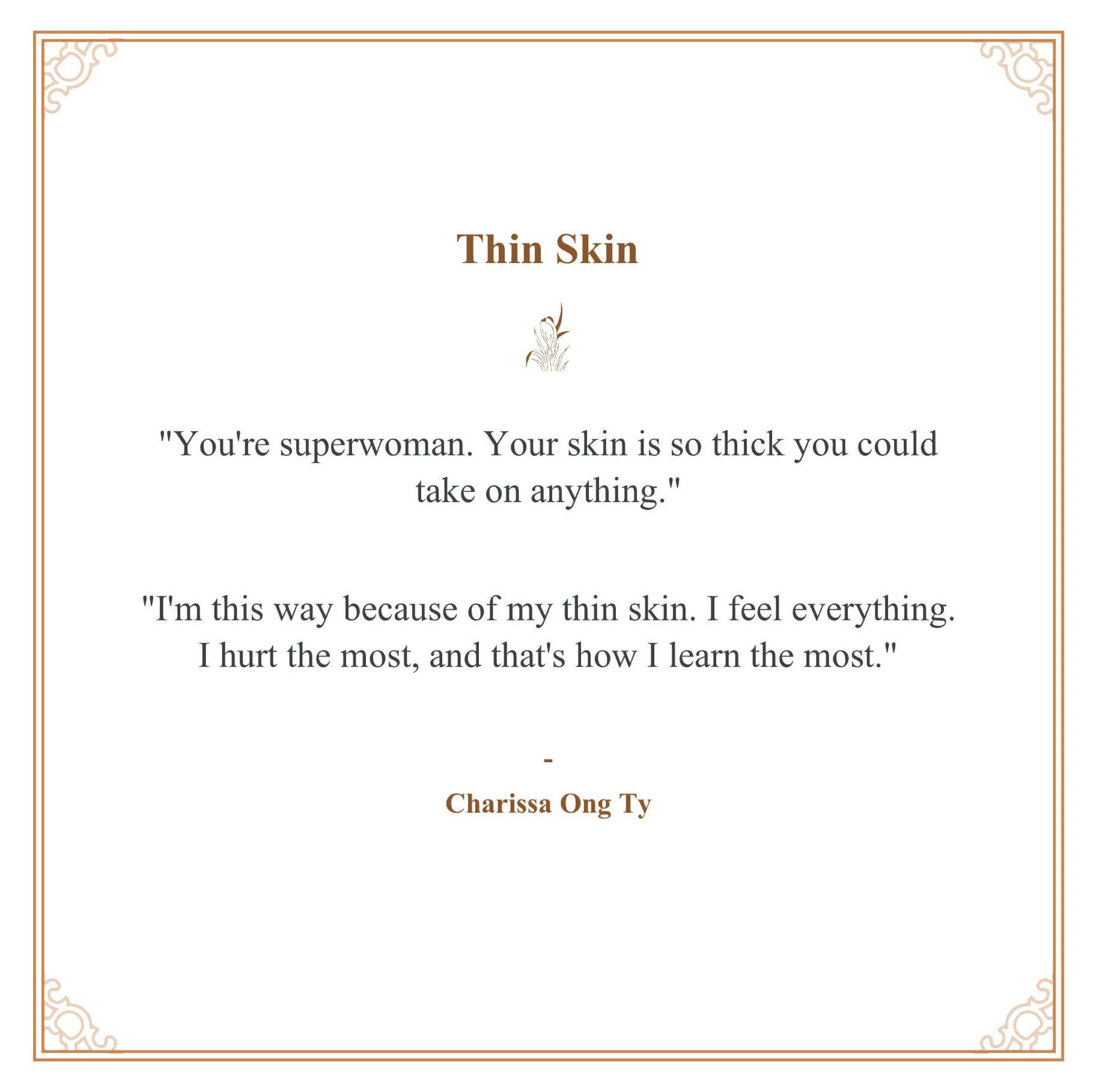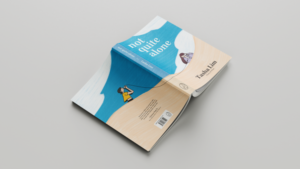Pardon the title. We all know writing books will never earn as much as real estate or a Hai Di Lao franchise. What I’m talking about is not parting with hard-earned cash, but readers buying into your story, brand, concept and most of all your overarching message. About truly engaging your readers, and transforming them into advocates of your work through word of mouth. Word of mouth is powerful because recommendations are more genuine when they come from people that you know personally. You simply believe them quicker than any social media ad that gets pushed in your direction. These are some of the tips I give to aspiring writers on how to write poems or short stories that are both convincing and worth recommending.
1. Read and Analyse 📕 🔍
This is the foundation of all good writing. Great writers are avid readers. In order to ensure good output, you would need to have a large repository of words, stories, and ideas at your disposal. I’m not saying that you should plagiarize; far from it. Take these ideas and remix them. Put your own unique spin on them. If you can, contradict them. I’ll elaborate more on this in point 3.
Analyze work that makes you laugh, cry or afraid. Understand and break down the elements and try to replicate them on your own by practicing frequently. Keep a cadence and discipline if you are serious about mastering this art. I used to write a short story of different genres every week to challenge myself. This is an art that you can only improve if you keep doing it repeatedly. Be your worst critic. I would usually imagine myself as a person who has not read the work before and I’d critic it mercilessly. I’ve actually practiced and read for two whole years before gathering enough courage to publish my poems publicly on Instagram. I still read every day.
I encourage you to read from a whole range of genres. Not just the ones that you are interested in. As a writer, you should be interested in the very concept of life and everything in it in order to cross-pollinate and make connections so unique it’ll make people’s head spin! Delve into history, astronomy, medicine, you name it! Get out of your comfort zone and will open your horizons.
2. Check for Grammar and Spelling 🔤🔍
This is another piece of the foundation that should be mastered early. Be it Bahasa, Mandarin or English, you are writing for an audience that is educated and conversing in a certain way. Be too abstract or bombastic, and your work would be ignored. Don’t try to sound smart. Keep it understandable for all audiences of all ages. You are writing for the public, after all. While reading most manuscripts sent to my publishing house e-mail, the first thing I do is check for grammar and spelling. It’s like cooking where if you can’t master an omelet, you might as well not cook at all. Write in a language that you are comfortable with. If you would like to reach an international audience, write in English. I’ve switched my books from English (UK) to American English because apparently spelling things with a ‘U’ offends people. If a kid could understand your work, anyone above that literacy level could read it.
Hire a proofreader, or simply download Grammarly into your Browser. It’s a good app.
Did you know that my two segments of audiences I’m targeting are Bookstagrammers and Book Haters? Now, isn’t that interesting? I target Book Haters because if they could learn to love my book, anyone else would. It makes it even more powerful if a Book Hater were to recommended my books to a person who already is a reader. It’s quite similar to how J.K. Rowling had an idea that her book is going to be so relevant even a 12-year old schoolboy who doesn’t read books would pick up Harry Potter.
3. Contradict and Challenge ⚔️
s
The art of storytelling is an equally important aspect to consider even if your poem is short. It is basic human psychology as to why people gravitate to stories and movies that have a similar plot. We call this, the Hero’s Journey. You could possibly place any blockbuster or famous book into this Journey Chart, and you’d get a best-seller. People, in general, find comfort in the familiar. There are only so many complications they can handle before calling your work too abstract and unrelatable. My stories are that way too. They have a beginning, a middle, conflict, and an end. There must be a flow.
This mental model or framework that already exists in the reader’s mind will help guide the reader throughout your entire story. Feel free to sprinkle a little bit of unclichéd conflict sometimes to keep it interesting. What makes a story or poem good is that if you could turn their mental models on their head.
For example, this is one of my pieces, Thin Skin.

What I did here, is that I took a popular saying of what people understood and correlated to a compliment and turned it on its head. I took what people believed to be good, and challenged their concept of what’s good and bad. This internal conflict that I have intentionally afflicted makes people think about themselves and what they believe in. Humans are narcissistic creatures. If there was a manuscript that challenges the norm, I’d approve it in a heartbeat. (Given that the two foundations are covered in point 1 and 2) Finding your voice is difficult. You have to give it time. Like a young pre-teen waiting for his voice to break, soon, you too will have your big break.
4. Analyze Feedback 💬 🔍
Not all feedback is going to be valuable to you. So, it’s up to you to filter on which ones you think are valuable and which ones are not. Expect criticism if you decide to put your work to the public. Humans are judgemental creatures. Therefore, to prevent such obvious judgments, make sure to be your worst judge first. Send out your summaries or drafts to people who are closest to you and would give you honest feedback. (not your mom) You might want to avoid sexist or super controversial themes when you are just starting out. Once you’ve made it, feel free to tarnish your brand however you like. (I’m talking about planned PR value because all press including bad press is good press when you’re there.)
The bad thing about getting and judging yourself too hard is that you will never stop doing it. Your book will lie there unfinished, and your work will never see the light of day. Give yourself a hard deadline for delivery and stick to it. If it’s bad, so be it. Learn the next time around. Just go on ahead and do it.
FAQ: Any format is fine. PDF, Microsoft Word and etc, as long as your work is readable it’s fine.



